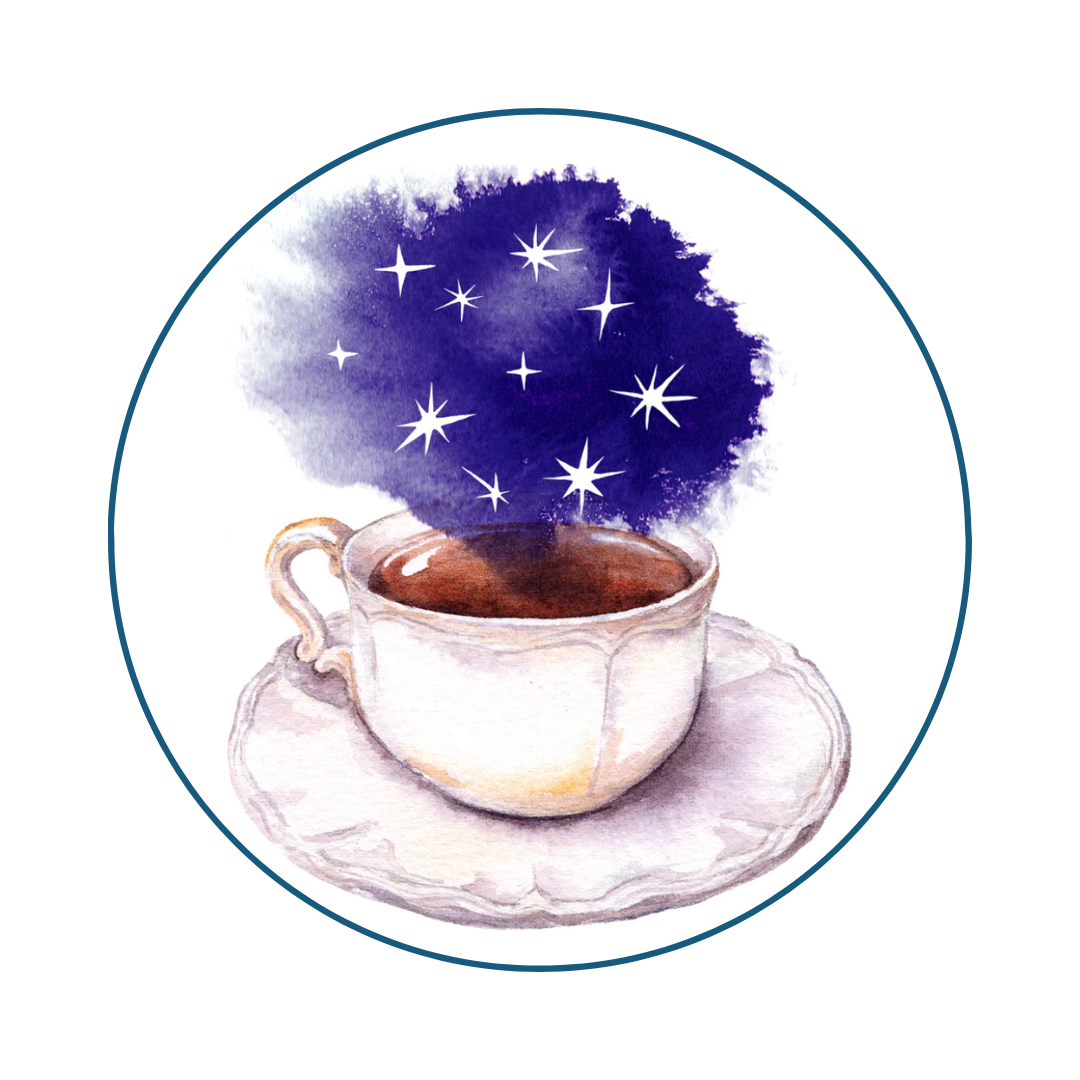Mental Health is Important to Everyone
A mental illness is a condition that affects a person's thinking, feelings, or mood. Such conditions may affect someone's ability to relate to others and function each day. Each person will have different experiences, even with the same diagnosis.
Recovery, including meaningful roles in social life, school, and work, is possible, especially when you start treatment early and play a strong role in your own recovery process.
A mental health condition isn't the result of one event. Research suggests multiple, linking causes. Genetics, environment, and lifestyle influence whether someone develops a mental health condition. A stressful job or home life makes some people more susceptible, as do traumatic life events like being the victim of a crime, physical abuse, mental abuse, etc. Biochemical processes and circuits and basic brain structure may play a role, too.
One in five adults experiences a mental health condition every year. One in seventeen lives with a serious mental illness such as schizophrenia or bipolar disorder. In addition to a person's directly experiencing a mental illness, family, friends, and communities are also affected.
Half of mental health conditions begin by age 14, and 75% of mental health conditions develop by age 24. The normal personality and behavior changes of adolescence may mimic or mask symptoms of a mental health condition. Early engagement and support are crucial to improving outcomes and increasing the promise of recovery.
There are many forms of mental health problems including:
ADHD
Attention Deficit Hyperactivity Disorder. It is a developmental disorder where there are significant problems with attention, hyperactivity or acting impulsively.
ANXIETY DISORDERS
Everyone experiences anxiety sometimes, but when it becomes overwhelming and repeatedly impacts a person's life, it may be an anxiety disorder. Severe anxiety can interfere with your daily activities such as: going to work, leaving your house, being around other people, etc. Many people try to hide these feelings from others, if it gets this severe, you do need to contact someone to help you understand what you are going through and why! For some, it is a chemical imbalance in the brain. Others, it is traumatic events they have gone through. This should not go untreated, the sooner it is detected, the easier it is to take control of the situation.
AUTISM
Autism Spectrum Disorder is a developmental disorder that makes it difficult to socialize and communicate with others.
BIPOLAR DISORDER
Bipolar Disorder causes dramatic highs and lows in a person's mood, energy, and ability to think clearly.
BORDERLINE PERSONALITY DISORDER
Borderline Personality Disorder is characterized by severe, unstable mood swings, impulsivity, and instability, poor self-image, and stormy relationships.
DEPRESSION
This is a mental health condition that requires understanding and treatment. The sufferer may experience loss of hope, overwhelming sadness, and difficulty functioning. It is a very serious epidemic in this day and age. It is even affecting young children, so pay attention for signs of social withdrawal. I have suffered from depression and anxiety all of my life, and it took me until I was 45 to address the issue. Sometimes It is something you don't want other people to know about you because it makes you feel like an idiot for not being able to control your emotions and feelings. I can't even imagine a child (who do not deserve to be experiencing these kinds of feelings) having to deal with this condition. There are so many suicides these days because children do not know how to deal with this type of disorder. We must stay involved with our children and be aware of their behavioral patterns, talk to them, help them understand these symptoms, and make sure they know that you are there for them.
DISSOCIATIVE DISORDERS
Dissociative Disorders are a spectrum of disorders that affect a person's memory and self-perception.
EARLY PSYCHOSIS AND PSYCHOSIS
Psychosis is characterized as disruptions to a person's thoughts and perceptions that make it difficult for them to recognize what is real and what isn't.
OBSESSIVE COMPULSIVE DISORDER
OCD causes repetitive, unwanted, intrusive thoughts (obsessions) and irrational, excessive urges to do certain actions (compulsions).
POSTTRAUMATIC STRESS DISORDER
PTSD is the result of traumatic events, such as military combat, assault, an accident or a natural disaster. It can cause anxiety, flashbacks, dissociative episodes, rage, and more.
DELUSION DISORDER
Delusion Disorder is characterized by strong beliefs that are often within the realm of possibility (such as a cheating spouse) but do not correlate with reality. When presented with the truth, the person is unable to recognize it over their previously fixed ideas. The person may otherwise be able to function normally, so it can be difficult to diagnose.
SCHIZOAFFECTIVE DISORDER
Schizoaffective Disorder is characterized primarily by symptoms of Schizophrenia, such as hallucinations or delusions, and symptoms of a mood disorder, such as depressive or manic episodes.
SCHIZOPHRENIA
Schizophrenia causes people to lose touch with reality, often in the form of hallucinations, delusions, and extremely disordered thinking and behavior.
NARCISSISTIC PERSONALITY DISORDER
This disorder is characterized by long-term patterns of self-obsession and an overinflated sense of self-worth. Narcissists can exhibit anti-social behavior such as selfishness and lack of empathy. They are often obsessed with achieving power and status or their physical appearance. In relationships, they commonly gravitate toward overly empathetic people who will accept their controlling/abusive behavior.
ATTACHMENT DISORDER
Children who experience abuse or neglect at a young age, do not have consistent, responsive caregivers, or who are separated from their caregivers for long periods of time are shown to have difficulty with personal relationships and attachments later in life. They are more likely to struggle with emotional dysregulation, substance abuse, and tumultuous personal relationships as adults.




Leave a comment
All comments are moderated before being published.
This site is protected by hCaptcha and the hCaptcha Privacy Policy and Terms of Service apply.